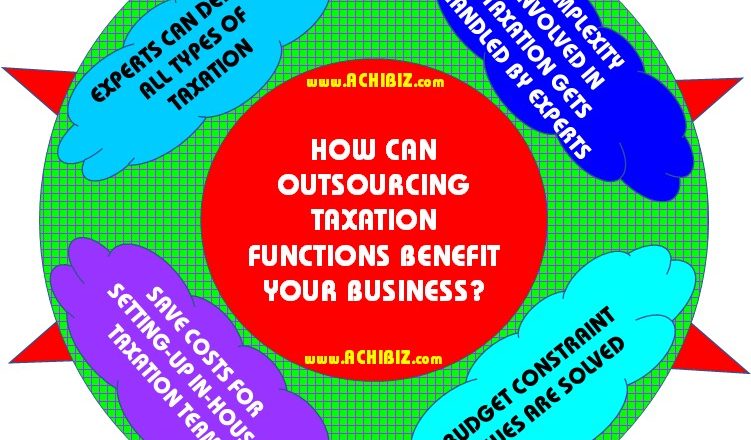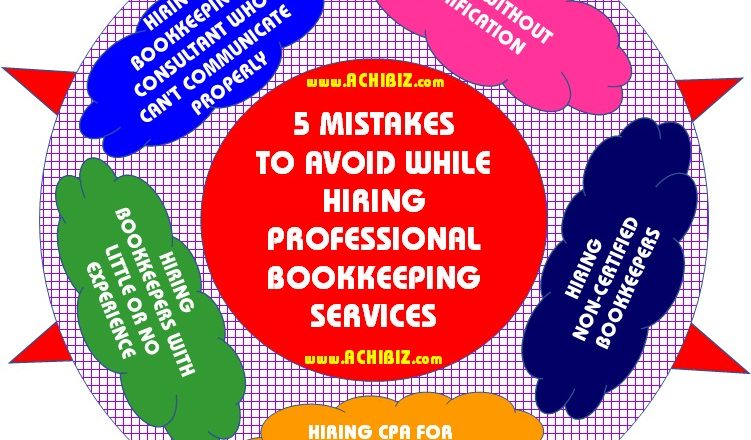Features
|
|
|
|
Introduction
|
- A basic form of business vehicle with two or more co-partners
|
- Often used as investment vehicle for large projects requiring substantial source of cash
|
- Hybrid form of business vehicle consisting both company and typical partnership
|
Suitability of Business Vehicle
|
- Suitable for a small to medium size of business journey with co-partners
|
- Flexibility for allowing a diversification of a portfolio
|
- Suitable to carry professional services such as Law Firm, Audit Firm, etc
|
Definition
|
- An association of two or more persons carrying on business in common with a view to profit
|
- A partnership consisting of two or more persons, with at least one general partner and one limited partner
|
- A partnership where the individual partner’s own liability is generally limited
|
Ownership or Owners
|
- Between 2 and 20 partners.
- A partnership of more than 20 partners must incorporate as a company under the Companies Act, Chapter 50 (except for professional partnerships)
|
- At least 2 partners; one general partner and one limited partner.
- No maximum limit.
|
- At least 2 partners.
- No maximum limit.
|
Legal Identity or Status
|
- Not a separate legal entity
- Partners have unlimited liability
- Can sue or be sued in firm’s name
- Cannot own property in firm’s name
- Partners personally liable for partnership’s debts and losses incurred by other partners
|
- Not a separate legal entity
- General partner has unlimited liability
- Limited partner has limited liability
- Can probably sue or be sued in firm’s name
- Cannot own property in firm’s name
- General partner personally liable for debts and losses of the LP
- Limited partner not personally liable for the debts or obligations of LP beyond amount of his agreed contribution
|
- A separate legal entity from its partners
- Partners have limited liability
- Can sue or be sued in LLP’s name
- Can own property in LLP’s name
- Partners personally liable for debts and losses resulting from their own wrongful actions
- Partners not personally liable for debts and losses of LLP incurred by other partners
|
Requirements For Registration or Formation or Incorporation
|
- Age 18 years or above. Singapore citizen / Singapore Permanent Resident / EntrePass holder.
- If owner not resident in Singapore, he must appoint an authorized representative who is ordinarily resident in Singapore.
- Self-employed persons must top up their Medisave account with the CPF Board before they register a new business name, become a registrant of an existing business name, or renew their business name registration.
- Undischarged bankrupts cannot manage the business without approval from the Court or the Official Assignee.
|
- At least one general partner and limited partner. Both can be individuals (at least 18 years old) or body corporate (company or LLP).
- If all general partners are ordinarily resident outside Singapore, they must appoint a local manager who is ordinarily resident in Singapore.
- Self-employed persons must top up their Medisave account with the CPF Board before they register as a partner of a new LP, become a registered partner of an existing LP, or renew their LP registration.
- Undischarged bankrupts cannot manage the business without approval from the Court or the Official Assignee.
|
- At least two partners, who can be individuals (at least 18 years old) or body corporate (company or LLP).
- At least one manager ordinarily resident in Singapore and at least 18 years old.
- Undischarged bankrupts cannot manage the business without approval from the Court or the Official Assignee.
|
Easiness of Registration
|
- An easy process to be completed within a few hours however subject to referral to different authorities which may delay up to 14 working days
|
- An easy process to be completed within a few hours however subject to referral to different authorities which may delay up to 14 working days
|
- An easy process to be completed within a few hours however subject to referral to different authorities which may delay up to 14 working days
|
Level of Fees for Registration
|
- Low set up costs among all business vehicles
|
- Low set up costs among all business vehicles
|
- Low set up costs among all business vehicles
|
Renewal Costs
|
|
|
- Perpetual succession hence renewal is not applicable
|
Perception of Business by the Public
|
- Regarded least trust worthy and credibility
|
- Regarded moderate trust worthy and credibility
|
- It is common with specific professions hence it is easily and strongly regarded more trust worthy and credibility
|
Funding Opportunities
|
- Capital injection is limited to the new partner.
- Obtaining loans from banks is only by mortgaging the personal assets of the partners.
|
- Obtaining loans from banks is only by mortgaging the personal assets of the partners.
|
- Obtaining loans from banks is only by mortgaging the personal assets of the partners.
|
Yearly Statutory Obligations
|
- Yearly renewals (one year or three years)
- CPF Medisave Top-Up required for Self-employed Persons before they can renew partnership
|
- Yearly renewals (one year or three years)
- CPF Medisave Top-Up required before they can renew LP
|
- Annual declaration of solvency/insolvency must be lodged by one of the managers stating whether the LLP is able or not able to pay its debts during the normal course of business.
- No statutory requirement for general meetings, directors, company secretary, share allotments etc.
|
Taxation
|
- Profits taxed at partners’ personal income tax rates
|
- Profits taxed at partners’ personal income tax rates (if individual) / corporate tax rate (if corporation)
|
- Profits taxed at partners’ personal income tax rates (if individual)/ corporate tax rate (if corporation)
|
Taxation Form
|
- Form P for Partnership & Form B for respective Partners
|
- Form P for Partnership & Form B for respective Partners
|
- Form P for Partnership & Form B for respective Partners
|
GST Implication
|
- Based on combined turnover of all partnership businesses with the same composition (structure) of partners
|
- Based on combined turnover of all partnership businesses with the same composition (structure) of partners
|
- Based on combined turnover of all partnership businesses with the same composition (structure) of partners
|
Perpetual Existence in Law
|
- Existence subject to partnership agreement
|
- Existence subject to partnership agreement
- If there is no limited partner, the LP registration will be suspended and general partners are deemed registered under the Business Registration Act.
- Once a new limited partner is appointed, the registration of the LP will be restored to “live” and general partners’ registration under the Business Registration Act ceases.
|
- The LLP has perpetual succession until wound up or struck off.
|
Transfer of Ownership
|
|
- Partners or corporate bodies can be changed
|
|
Closing the Business or Deregistration
|
- By the partners – Cessation of business
- Registrar can cancel registration if not renewed or where Registrar is satisfied business is defunct
|
- By general partner – Cessation of business or dissolution of LP
- Registrar can cancel registration if not renewed or where Registrar is satisfied business is defunct
|
- Winding Up – Voluntarily by members or creditors, compulsorily by the High Court
- Striking off
|
 24/7/365
24/7/365



